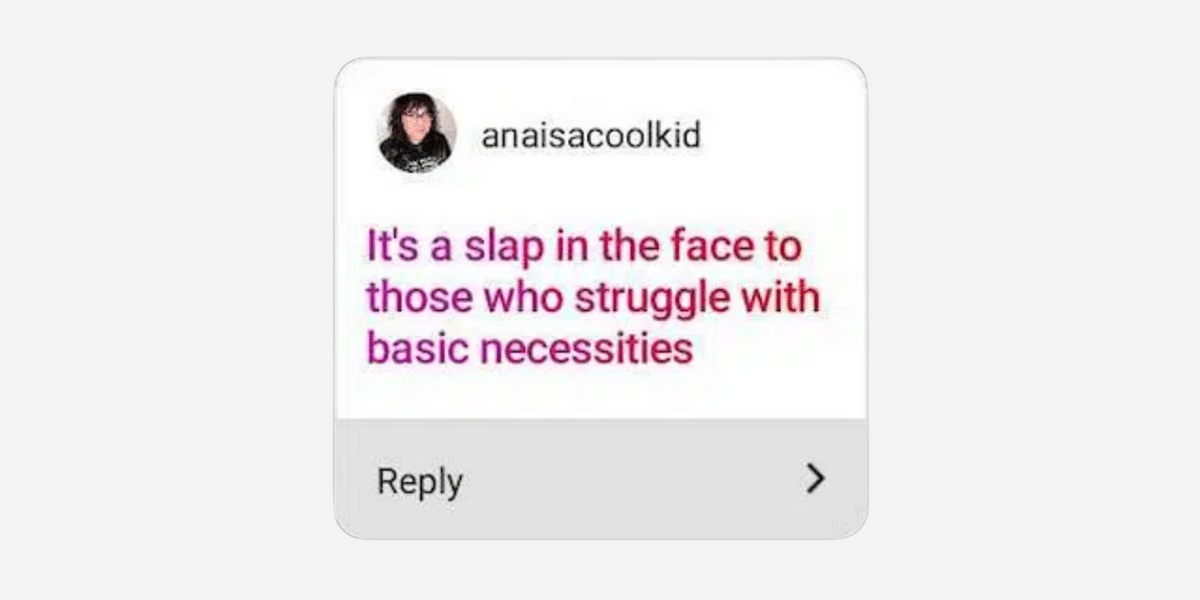Student Loan Data Delivers Blow to Argument that the Relief Program Disproportionately Benefits the Wealthy
The Biden Administration’s student debt relief program, that is currently stalled in court after Republicans sued to stop the relief for student loan holders, now has some interesting data out that directly contradicts many arguments against the program.

Massive debt is something that looms over the lives of most Americans. Student loan debt accounts for $1.76 trillion dollars in debt held by Americans. In comparison, credit card debt stands at $935 billion as of the last quarter of 2022.
Pursuing higher education in the form of a trade or professional degree in the U.S. has become something that American culture has convinced most Americans is a way to improve their socio-economic status. But when you consider that those who chose to formally educate themselves to climb the social ladder are now collectively saddled with almost $1.8 trillion in loans, while incomes aren’t proportionately matching the debt, the equation begins to make very little sense.
After the pandemic caused economic chaos, student loan payments were paused, giving relief that many student loan holders never considered possible. After multiple extensions to the payment pause, the Biden Administration proposed a rather lackluster debt relief plan that had multiple issues, including many who didn’t qualify and an amount that many considered measly, $20,000.00.
Republicans, most of whom took no issue with granting full forgiveness for business loans, decided relief for everyday people was too much of a problem and sued to stop the program. While that program is paused while it’s tied up in court, the government was able to collect data on who chose to take advantage of the loan forgiveness.
Student Debt Relief Application Data Analyzed
23.6 million Americans applied for the relief program, and Politico analyzed the data. The statistics in the data further demonstrate how disproportionately student loan debt effects lower-income people and people of color.
Critics of Biden’s debt relief program argued that the relief program would end up benefiting wealthy Americans who don’t need the help. Rep. Virginia Foxx (R-N.C), who has led the GOP charge against the plan as chair of the House education committee, stated that the program would be a “transfer of wealth from working-class Americans to privileged college graduates.”
But as it turns out, it was lower-income zip codes that were mainly represented in the applications. Politico’s analysis found that more than 98 percent of applications came from zip codes where the average income is under $75,000, and two-thirds of that are from zip codes with an average income below $40,000.
Real Life Implications
The Luz audience has shared their experiences with student loans, and the feedback aligns with what data keeps telling us about the devastation student loans have caused, and are causing. Now that the economic damage is done, how long do most people expect to pay off their student loans?
When Luz surveys our audience, the overwhelming majority of respondents state that it will most likely take them the rest of their lives to pay off their loans.
This is a reality that many student loan holders have accepted. Yet student loans aren’t the only thing people need to pay. Most respondents mentioned families to support, other responsibilities, and life obligations, which means they can’t pay the loans off quickly.
Not only does this stagnate the economy because too much of their income is tied up in student loan payments, but because they aren’t able to pay the maximum amount to pay off the loan faster, capitalized interest accrues, ballooning the debt to amounts that are often much higher than what they originally borrowed.

When asked what the Luz audience would do with the money that goes to student loans if they were forgiven, the answers were eye-opening. Everyone answered a variation of the same thing, “I need this money to give myself and my family a good life.” They went from being able to buy a home to paying for their kids’ college education to actually being able to save up for emergencies.
Even those who had managed to actually pay their loans supported relief for others.

Student loan forgiveness would result in dramatic economic improvement for communities that have historically been cut out of wealth-creating opportunities, and put an end to the economic punishment that so many have endured for choosing to purchase the dream America has been selling.
For now, student load debt holders continue waiting. And hoping.




